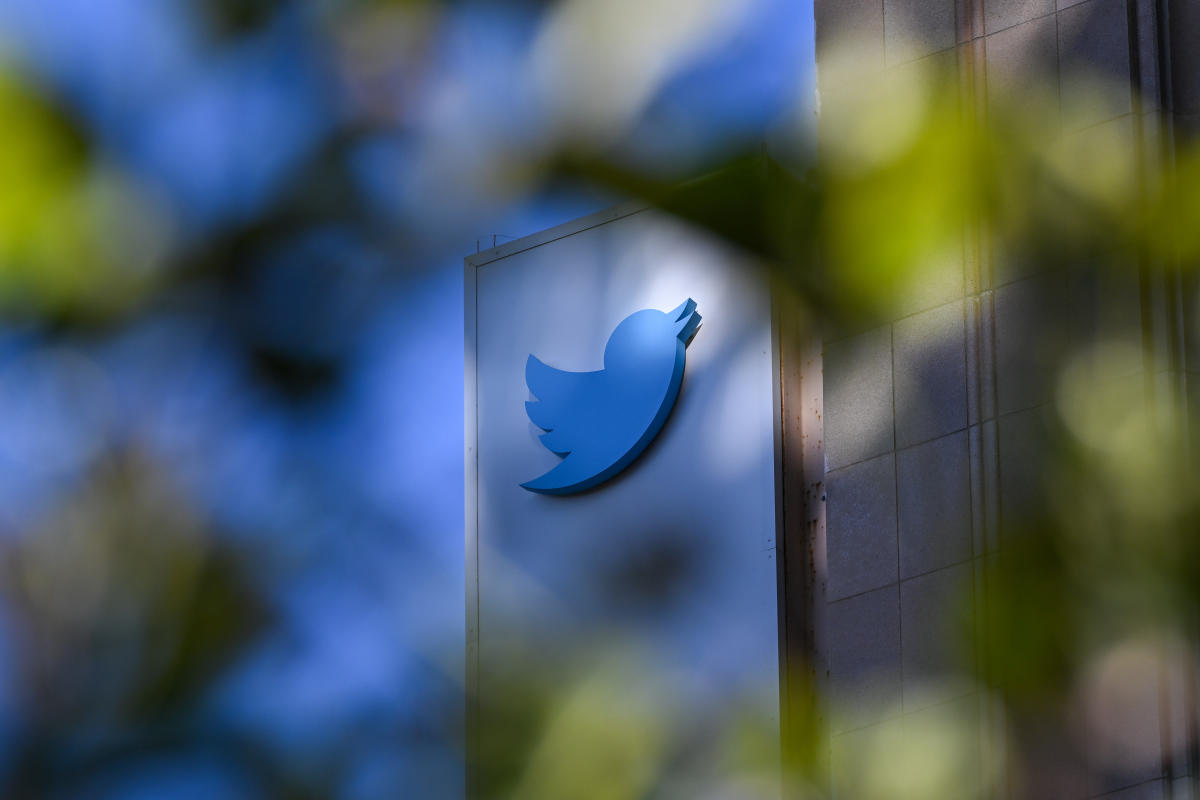**Title: Battle for Severance: Ex-Twitter Chiefs Take on Elon Musk in a Multi-Million Dollar Lawsuit**
In an electrifying twist of corporate drama, the high-stakes world of tech moguls and former top brass has hit a new climax. At the heart of this saga are ex-Twitter executives, including the company’s former CEO Parag Agrawal, who have initiated a gripping legal battle against none other than the tech titan, Elon Musk. This dispute, steeped in millions of dollars in unresolved severance benefits, traces back to the whirlwind period of Musk’s controversial acquisition of Twitter in October 2022.
**The Clash Unfolds**
When Elon Musk seized the reins of Twitter, his immediate course of action was nothing short of radical. Among his first decisions was to dismiss several key figures, including CEO Parag Agrawal, CFO Ned Segal, chief legal officer Vijaya Gadde, and general counsel Sean Edgett. This move, however, was not merely a reshuffling of executive chairs. It was reported that Musk harbored significant animosity towards this group, stemming from their involvement in a protracted legal tussle. This litigation ultimately cornered Musk into consummating the acquisition deal, a commitment he had previously sought to evade.
**The Severance Showdown**
At the crux of the lawsuit is a staggering sum—approximately $128 million—claimed as owed severance. Broken down, the figures are eye-opening: Agrawal is allegedly entitled to $57.4 million, Segal to $44.5 million, Gadde to $20 million, and Edgett to $6.8 million. These amounts are not just numbers but represent a contention over what the plaintiffs deem as Musk’s attempt to sidestep his financial and contractual obligations.
**A Tactic Revealed**
Diving deeper into this corporate chess game, revelations from Musk’s biographer, Walter Isaacson, lay bare a strategic move by Musk. Isaacson narrates how Musk expedited the deal’s closure—a day ahead of schedule—to dismiss the executives “for cause,” just as their stock options neared vesting. This maneuver, according to Isaacson, was bragged about by Musk as a cost-saving play, potentially snipping $200 million from his expenses.
**Accusations and Allegations**
The language of the lawsuit pulls no punches, painting Musk as a figure who not only disregards the rules but uses his wealth and power to bulldoze over dissent. “Musk doesn’t pay his bills,” the document boldly states, further accusing him of fabricating reasons to fire the plaintiffs to evade severance payouts. The narrative takes a darker tone, suggesting a deliberate and unjust removal of the executives to bypass financial responsibilities.
**Silence and Precedence**
In the unfolding drama, X (formerly Twitter), now under Musk’s banner, has remained tight-lipped, offering no response to the allegations. Interestingly, this legal confrontation is not an isolated incident but part of a continuing trend. Previously, former Twitter employees mounted a separate legal challenge, accusing the company of reneging on severance promises. This backdrop of litigation paints a broader picture of discontent and unresolved grievances following Musk’s takeover.
**The Larger Picture**
Beyond the immediate legal skirmishes lies a broader dialogue about corporate ethics, leadership responsibilities, and the profound impacts of high-stakes business deals on individuals’ lives. With the legal proceedings garnering wide attention, the tech world watches keenly as this battle unfolds. It’s not just about the millions in question but the principles of accountability, fairness, and the ripple effects of corporate mega-deals.
**In Conclusion**
This lawsuit against Elon Musk by former Twitter executives is more than a dispute over severance pay; it’s a landmark case that tests the boundaries of corporate power, accountability, and the cost of business at the zenith of the tech industry. As each side prepares for what might be a protracted legal battle, one thing is clear: the outcome of this case could set a precedent for how tech magnates and corporations handle their most valuable asset—their people.




